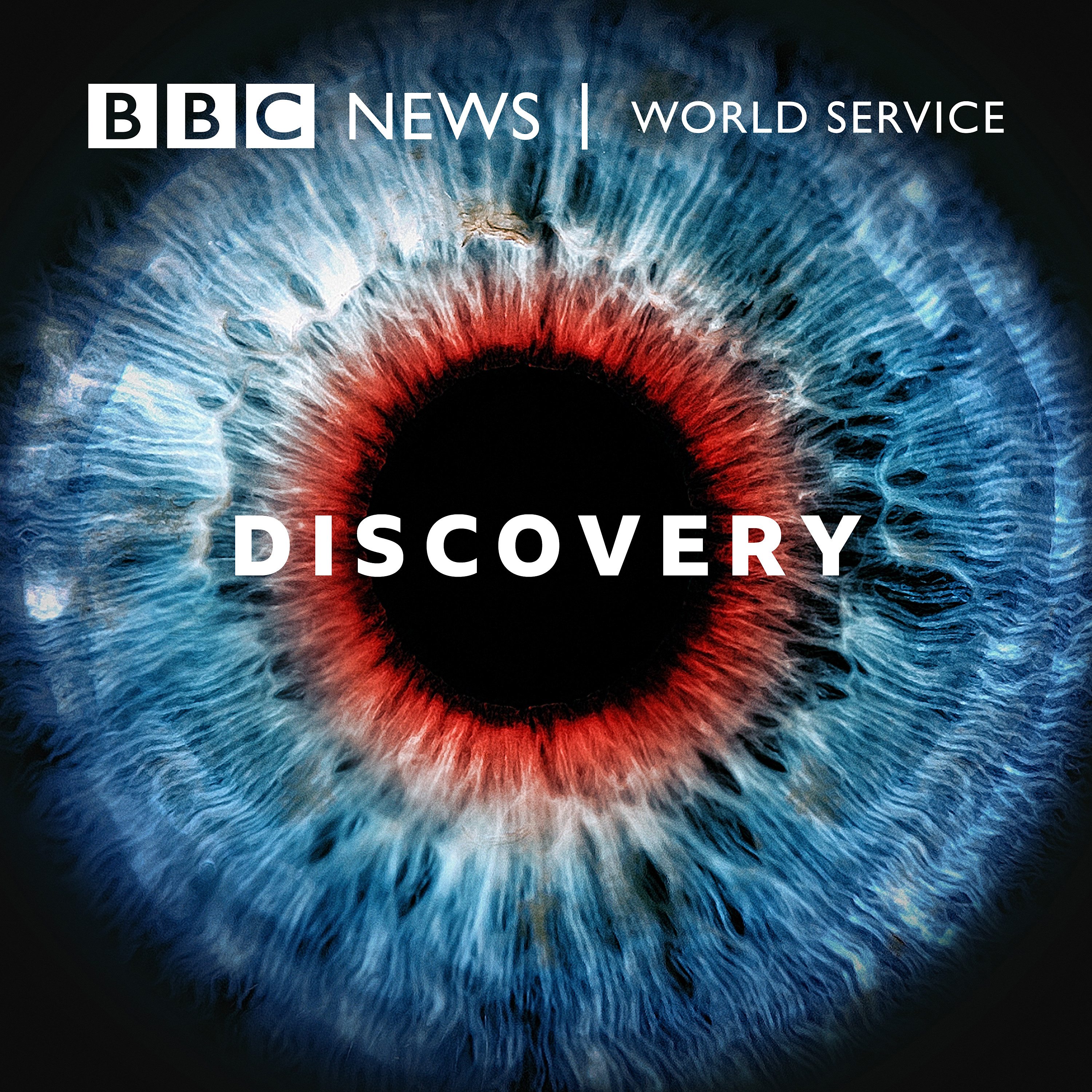
Discovery
Jan 16, 2023
We follow the story of eugenics from its origins in the middle-class salons of Victorian Britain, through the Fitter Family competitions and sterilisation laws of Gilded Age USA, to the full genocidal horrors of Nazi Germany.
Eugenics is born in Victorian Britain, christened by the eccentric gentleman-scientist Sir Francis Galton. It’s a movement to breed better humans, fusing new biological ideas with the politics of empire, and the inflexible snobbery of the middle-classes.
The movement swiftly gains momentum - taken up by scientists, social reformers, and even novelists as a moral and political quest to address urgent social problems. By encouraging the right people to have babies, eugenicists believed we could breed ourselves to a brighter future; a future free from disease, disability, crime, even poverty. What, its proponents wondered, could be more noble?
The story culminates in the First International Eugenics Congress of 1912, where a delegation of eminent public figures from around the world gather in South Kensington to advocate and develop the science – and ideology – of better breeding. Among them Winston Churchill, Arthur Balfour, the Dean of St Pauls, Charles Darwin's son, American professors and the ambassadors from Norway, Greece, and France.
But amidst the sweeping utopian rhetoric, the darker implications of eugenic ideas emerge: what of those deemed 'unfit'? What should happen to them?
Contributors: Professor Joe Cain, Daniel Maier, Professor Philippa Levine, Professor Angelique Richardson
Featuring the voices of David Hounslow, Joanna Monro and Hughie O'Donnell
(Photo: Francis Galton (1822-1911), British man of science born in Sparkbrook (England). Ca. 1890. Credit: adoc-photos/Corbis/Getty Images)

